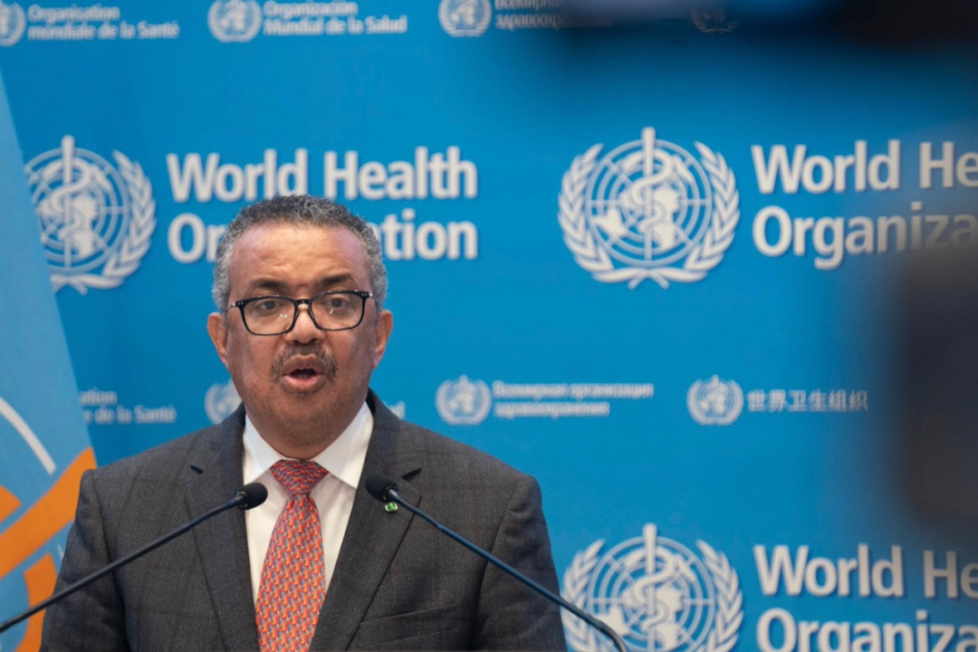What to know about new Omicron variant

The new COVID-19 variant discovered in South Africa has been officially named the Omicron variant.
On Monday, the World Health Organization shared that the variant poses a high global risk that could result in severe consequences due to its many mutations that could bypass vaccine protection. This is contradictory to the statement made by Dr. Angelique Coetzee, the South African doctor who brought attention to the variant. Dr. Coetzee told BBC News that the symptoms seen so far were “extremely mild.”
As of now WHO says it will take weeks to determine how the variant will affect diagnostics, therapeutics, and vaccines.
According to an analysis by Financial Times, omicron is spreading rapidly throughout South Africa at a much faster rate than previous variants.
During the World Health Assembly to plan a new Pandemic Treaty, WHO Director-General Tedros Adhanom Ghebreyesus said the discovery of the omicron variant “underlines just how perilous and precarious our situation is.”
General Ghebreyesus also said that South Africa should be praised for its quick response to report the new variant, not punished with travel bans.
The United Kingdom has issued a temporary ban on six African countries. The U.S. has enforced travel bans on South Africa, Botswana, Zimbabwe, Namibia, Lesotho, Eswatini, Mozambique, Malawi. Japan has joined Israel in closing its borders to all foreigners.
WHO urged wealthy countries to end vaccine disparity by sharing vaccine supply, warning that the inequity will allow the virus to “spread and evolve in ways we cannot predict or prevent.”
"The lack of sharing of biological samples hindered our collective ability to understand how the virus was evolving"-@DrTedros #WHASpecial https://t.co/QihTEU5FKw
— World Health Organization (WHO) (@WHO) November 29, 2021
More than 80% of the world’s supply of vaccines have gone to wealthy countries, while low-income countries, many of them in Africa, received only 0.6% of vaccines.
